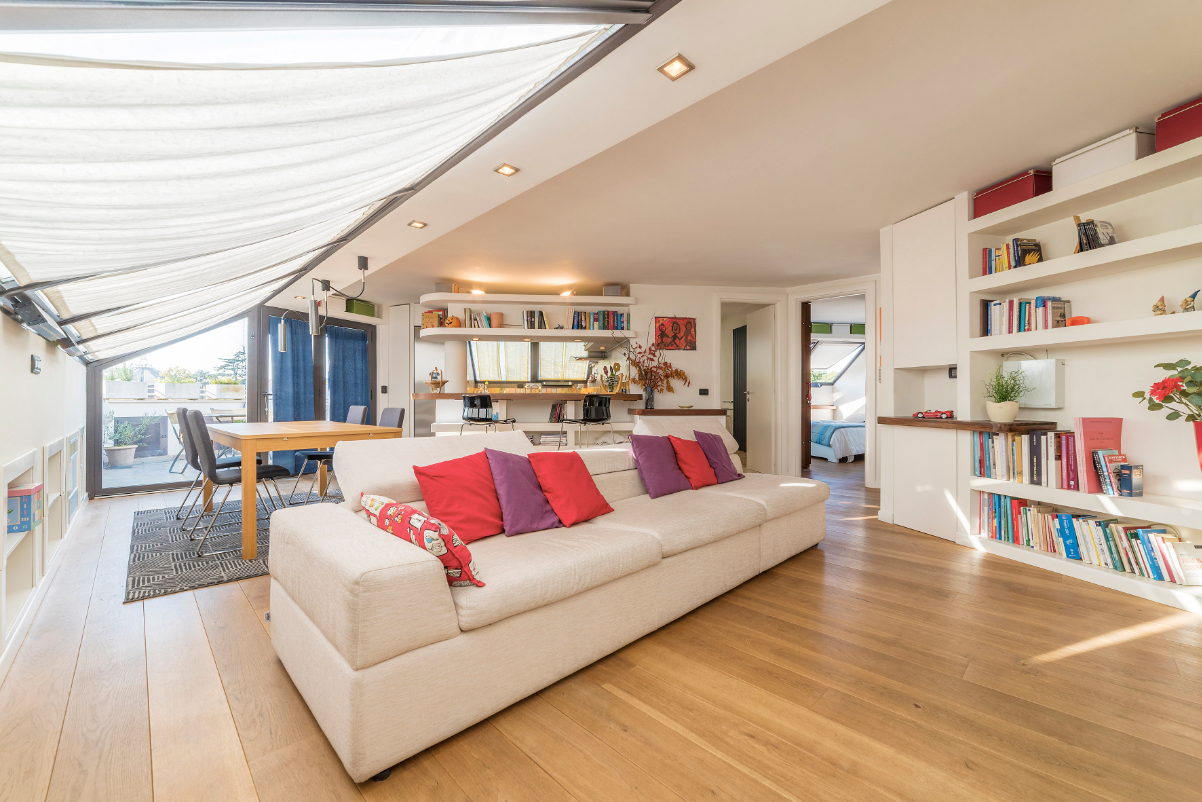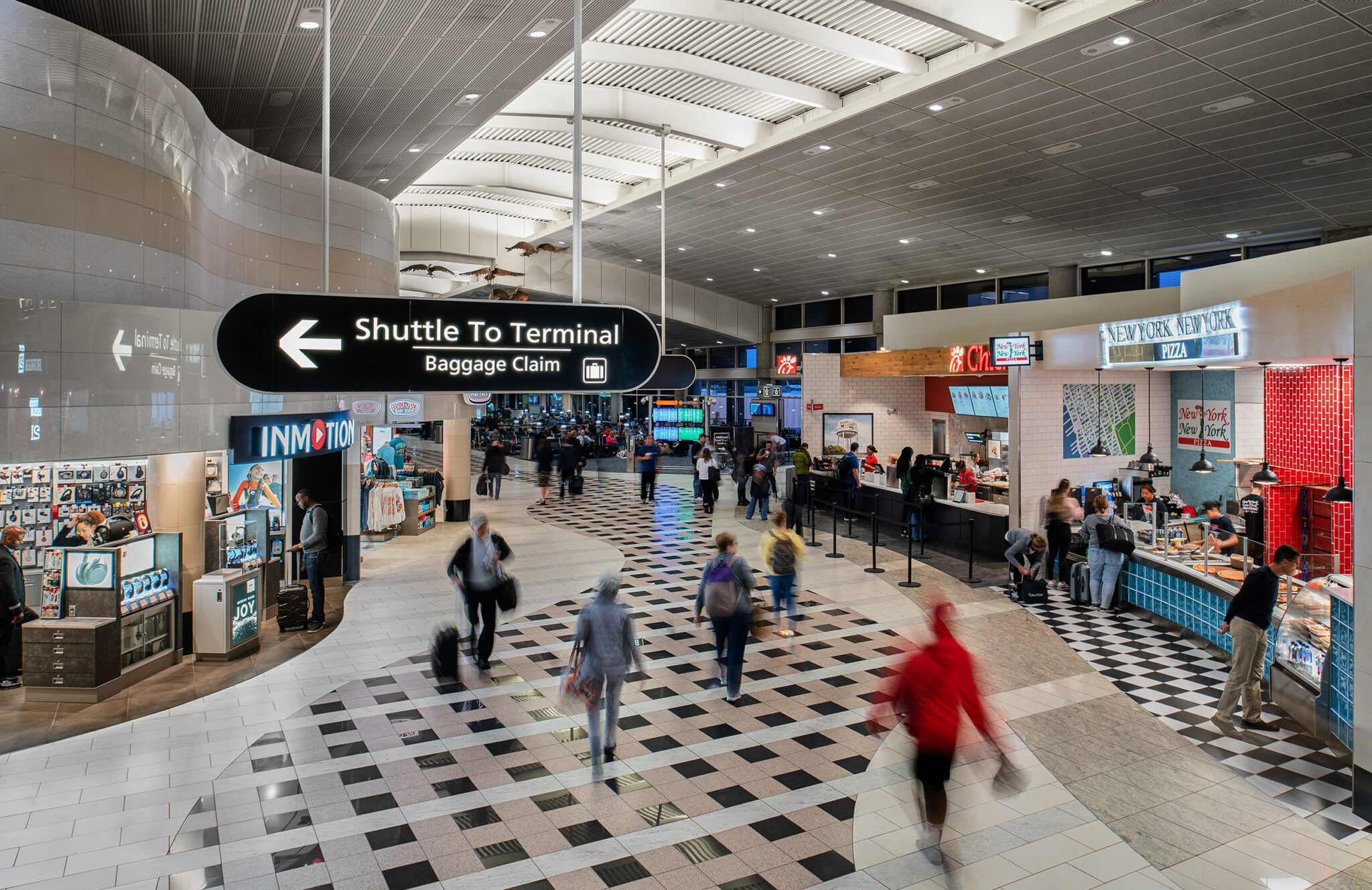Italy Clamps Down on Self-Check-ins and Key Boxes for Short-Term Rentals

Skift Take
Police and workmen are removing illegally placed key boxes from public property in the historic centers of Rome and Florence.
The key boxes, which allow tourists to enter short-term rentals without meeting hosts in person, have become symbols of the social tensions surrounding overtourism.
Italy's interior ministry issued a notice in November that short-term rental hosts must remove the key boxes hanging from railings, external gates, and lamp posts. The notice (embedded below) said property owners risked a fine of €400 (about $420) for not complying.
In a recent Instagram post, Alessandro Onorato, Rome’s tourism councilor, pointed to several key boxes hanging from the railings of a public garden and said: “Can you imagine how demeaning it is to have to say to a tourist: ‘So, for the keys to the apartment, you need to go, more or less, to the third post on the railings to the right of the bush.’ This is not the kind of tourism we want.”
'Robin Hood' Vandalism
Late last year, activists using the "Robin Hood" label vandalized key boxes for short-term rental properties in Rome, Turin, Bologna, Naples, and other cities.
The Robin Hood activists received local media attention, such as a recent video by La Prensa. In Rome, some activists publicly instructed others to damage boxes with glue and wire cutters to prevent guest access, wire service ANSA reported.
The focus on illegally placed key boxes comes amid heightened security concerns as Rome prepares to welcome more than 30 million tourists and pilgrims during the Vatican's Jubilee Year 2025.
No Italian Ban
In December, it was reported by some U.S.-based media outlets that Italy was introducing "a ban" on remote check-in for short-term rentals.
However, Italy hasn't banned short-term rentals, as the interior ministry underscored.
Instead, the circular from Italy’s chief of police, Vittorio Pisani, confirmed “the obligation imposed on the managers of accommodation facilities of any kind or type to verify the identity of guests by means of a visual check.”
The notice specifically mentioned concerns for public safety during the Jubilee as a top concern, noting that this was not a new regulation but a clarification of existing rules and a promise of enhanced enforcement.
Check-In Confusion
The ministry's notice caused plenty of confusion. Did it mean self- or online check-in was no longer allowed?
Many property managers interpret "a visual check" as either in person or via a secure digital method.
The ministry's notice allows digital methods as a supplement. For example, a guest can check in remotely in the evening and then be met by the host the following day, as long as it is within 24 hours of the guest's arrival for a typical stay.
However, the circular recommended that short-term rental hosts and managers meet guests in person within 24 hours in most circumstances and check that their faces match their ID documents to comply with the law. It said that fully remote check-in procedures cannot be considered satisfactory with the regulations.
Yet some property managers think in-person verification is a step too far. They note that short-term rental hosts must already send guest details and documentation to the local police.
“Most property managers are already using apps or software for all their activities, collecting documents, giving the codes for getting into the apartments, setting up the time for check-in," Francesco Zorgno, CEO of Clean B&B. "The same digital tools can be used for ID. There is no need for a separate app."
"For many years, local police forces have been using their own software which connects with the property managers’ software for an easy transfer of data and documents," Zorgno said.
Overtourism Fears
The Jubilee surge in tourism isn't the only concern of many Italians.
Some argue the vacation rental sector is driving up housing costs and displacing residents, particularly in historic city centers. The issue is concentrated in particular districts.
In Rome, activists told The Telegraph that the population of its Trastevere neighborhood dropped by 45% in the past decade as property owners switched to offering short-term rentals. Pope Francis in November urged the diocese to address the Rome’s housing crisis as rental prices continue to rise.
In Florence, city authorities took a tougher stance on short-term rentals in November by freezing the licensing of new ones in the historic center.
Skift asked Marco Celani, CEO of property manager Italianway, whether he agreed that there are too many short-term rentals in central Florence and that the freeze is necessary.
No, he said: "We have challenged this law, and we are waiting for a court hearing in May.”
With first-hand experience of living in central Florence, Celani said that if these apartments weren’t rented out, they would most likely be empty among the estimated 9.6 million unused second homes in Italy.
Hurting Property Managers
Separately, beginning January 1, Italy mandated that a national identification code be displayed in every rental property, or owners risk being fined.
The escalating conflict highlights growing tensions over Italy's booming short-term rental market, which encompasses about 503,000 properties nationwide, according to AIGAB (an Italian association of short-term rental managers).
Industry data shows that about 25% of short-term rentals in Italy's most touristed cities are professionally managed, with major operators including Danish company Novasol (5,000 properties) and Swiss firm Interhome (4,500 properties).
The remainder are owned by individuals and families who use the rental income to supplement their earnings.
The largest short-term rental management companies operating in Italy are Novasol, a Danish company with 5,000 properties; and Interhome, a Swiss company with 4,500 rentals mainly in the countryside, according to AIGAB.
Others include Italianway, Wonderful Italy, Clean B&B, Sweetguest, and Joivy.
Airbnb is the largest platform for short-term rentals, with Booking.com close behind. The two companies declined to comment on this story.
"The hosts [in Rome] who had their key boxes removed were scared. [The activists] vandalized property and created difficulties for our owners and guests because all those houses that had the glue in their key boxes couldn’t access the house,” said Celani, who is also president of AIGAB.
“The graffiti on the walls of offices has made a lot of employees uncomfortable," Celani said, decrying the vigilantes. "So, for example, my company was not affected, but my employees feel scared."




